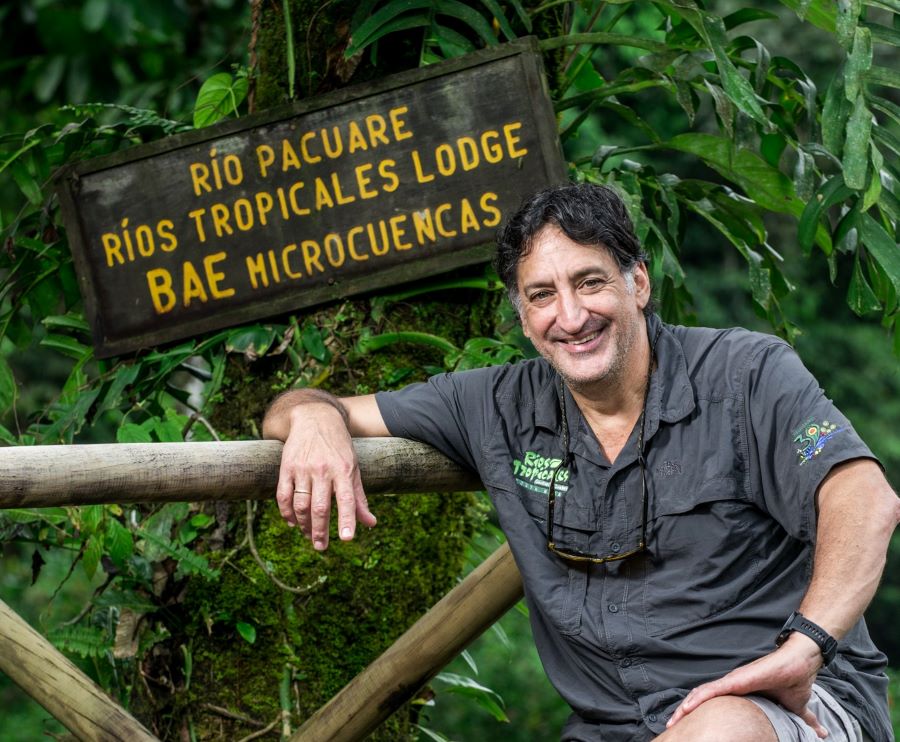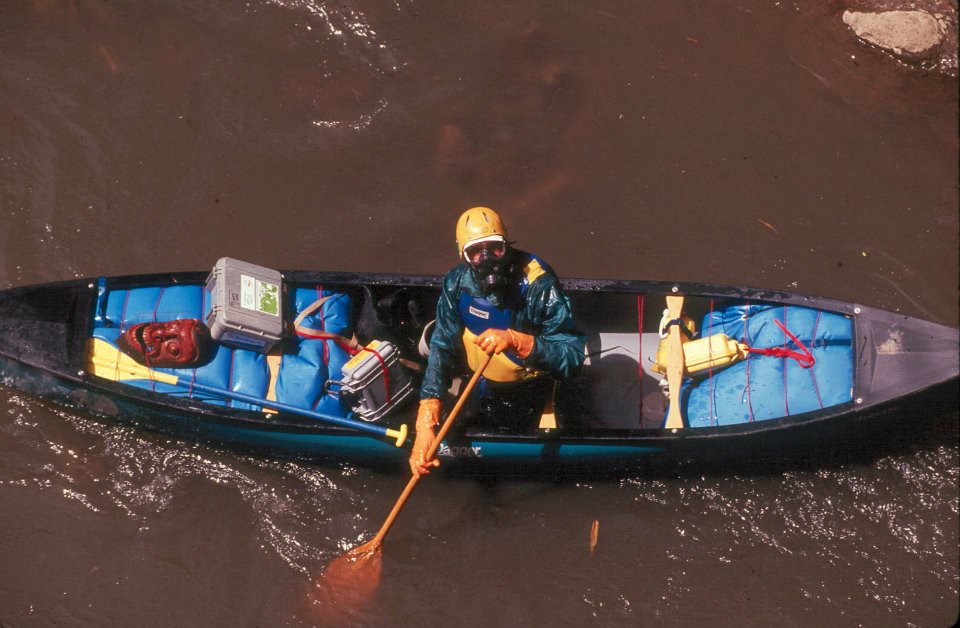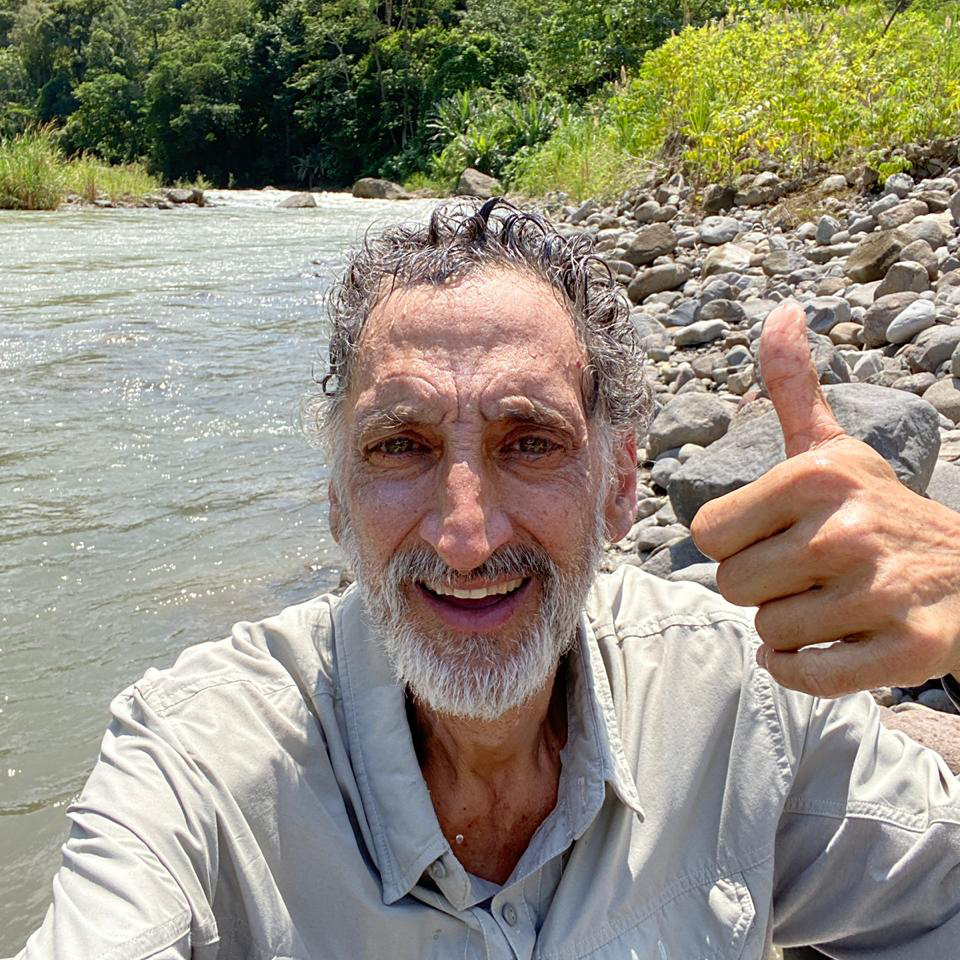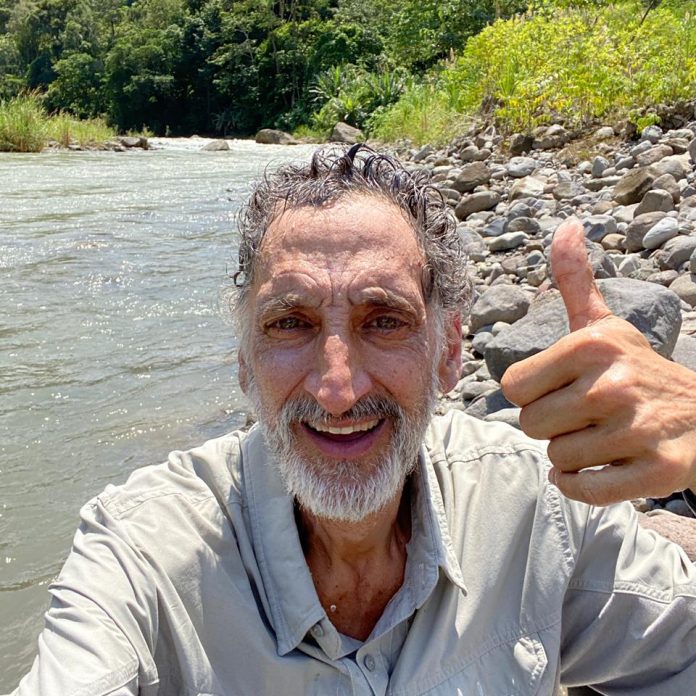Costa Rica lost an iconic figure in conservation and rural ecotourism on March 23, when Rafael Gallo Palomo died after a long illness. We had been working for weeks on a piece about his life and legacy prompted by the recent announcement of the closure of Ríos Tropicales, the internationally renowned tourism business he founded. While don Rafa did not feel well enough to be interviewed in person for the piece, his long-time friend and press officer Shannon Farley helped us relay seven questions to the tourism leader via email.
The answers he sent back to us four days before his death are filled with realistic wisdom, hope for the future, and a deep love for Costa Rica, its environment and people, especially those involved in tourism. We will include his comments in our April edition, dedicated to showcasing the wonders and challenges of rural tourism in Costa Rica. However, in honor of his life, we want to share the full interview with the world. Here are his responses, just as he sent them.

What does it mean for you, don Rafa, to pay it forward?
Leaving something that is going to benefit somebody in the future is amazing. I mean, if I have to shut down my business and not have any earnings at all, but know that somebody else can benefit in a big way—in this case, Ana Patricia Quesada and the Obando family—then I feel very, very satisfied that what I have done has power. It feels good to have the power to contribute to the future entrepreneurship growth of employees. I am helping a new generation of people, suppliers, families. That’s great.
Should we choose between people and the environment, or can they work together?
I think they should go hand-in-hand. First should be people, because people need to generate the money. Once people generate money and are in business, other than being responsible with the environment, they should be thinking about investing in the environment. They should invest in environmental sustainability. People need to secure financial sustainability and then use it for environmental sustainability.
If you could change one thing in your life story, what would that be?
This is a tough question. I’m not sure what I would change. I would probably try to be more responsible. I would try to be more organized. I would have more of a plan. I’ve done everything pretty much without a plan; it all just kind of happened. I would keep better data on all the important things, like environmental issues and things we’ve done. This is especially important now as we try to move forward with our conservation initiative; we don’t have enough data. We have done a lot of things but don’t have our data very organized.
I would change that I have more formal organization in the three pillars of environmental issues, social responsibility impact, and the financial administration of my business—those should always be top of mind. It’s important to not just do the actions but also to keep tabs on it and write down what you’ve done.
Other than that, I think my life, in general, is fine the way it is.
If you were to start all over again with Rios Tropicales, go 35 years back but with the same wisdom you have accumulated, what would you do differently?
I don’t think this would be possible. I think my wisdom was accumulated and acquired. It all came with time. There is nothing to be changed. Wisdom comes with time.

What advice would you give to people who are tourism entrepreneurs and want to protect the environment?
They can get involved in different projects. There are so many different projects out there that need help. The thing is determining which one is the right one that is going to work for you to protect the environment. I would say, right now, the best program in the country is the Bandera Azul Ecologica (Ecological Blue Flag Program).
I would also recommend getting involved in projects involving climate change, biodiversity, natural spaces, or watersheds. I would look for a group that is doing something to already protect the environment and to invest in it. There are many needs that all these groups have, whether marketing or publicity, or bigger items. It just depends on what your budget is.
What is your advice for those same people facing the economic consequences of COVID-19?
My advice is to hang on tight. It depends on what their situation is. It depends on how they are managing their financials, their banking, their suppliers, and how their whole situation is.
This is a long-term issue. Short-term, this is not easy to fix. Make a good analysis on your economic recovery and be realistic about what the market is going to be doing, because this is not going to be a fast, steady increase. We are going to have a flatline for a long time. So, if you are ready for a long flatline, fine. If you need to invest in innovating markets or service, you could do that, but you need to be in the right place at the right time and hope the flatline does not drag you down. You need to be very realistic about it all.
What would you wish for the future of Costa Rica’s tourism?
I wish the best for the future of Costa Rica’s tourism. I wish we could go back to the way we were before, but I would say, realistically, that is not going to happen. I’d say if 50% of the industry recovers well, that is great. I think if all tourism becomes environmentally responsible, that would be great. The tourism industry needs to stay formal and be organized. It can’t fall into informality of people working without permissions, training, etc., like guides and transport.
Not all tourism businesses are going to survive. I hope that the ones that do are environmentally aware.
Also, prices need to stay realistically “high” so that businesses can invest in their guides and services. If we get into competing price wars, rate wars, it’s not going to be pleasant. Things will revert to the same old back-stabbing practices between businesses. There needs to be more collaboration in the industry. The industry needs to talk a lot more among all the players and needs to unite and work together. It can’t be as selfish as it has been. We need to be innovative. I think Costa Rica has always done a great job with innovation and eco-politics—that needs to continue. I wish for the best markets and the best responsible outfitters and that they come together as an industry.




